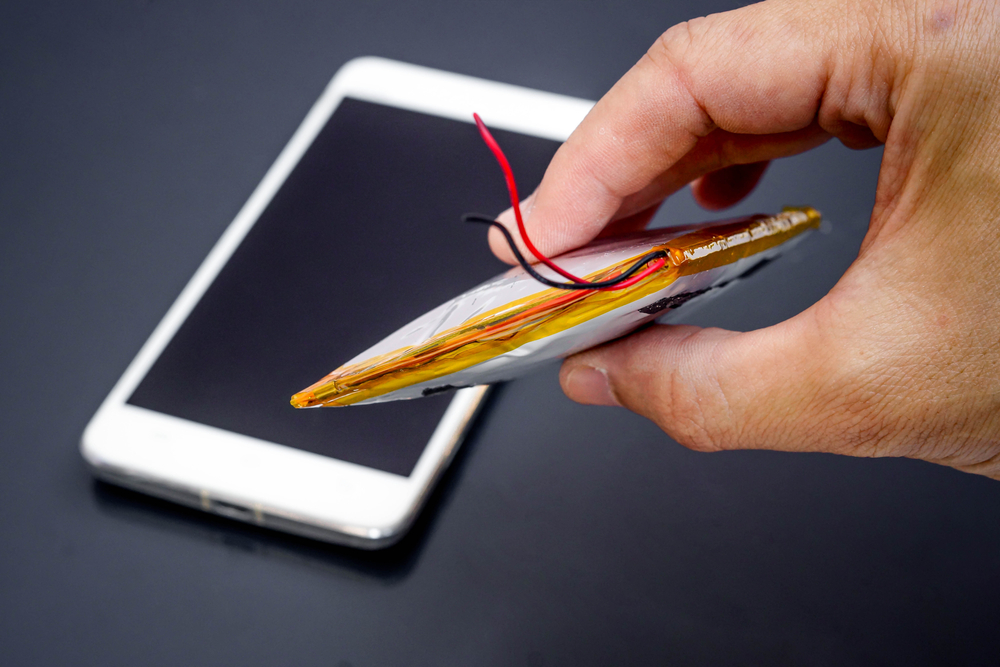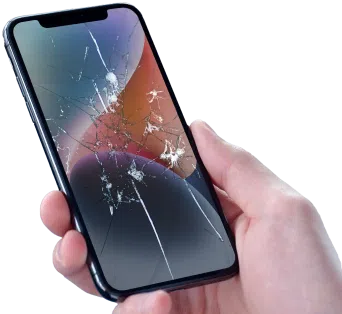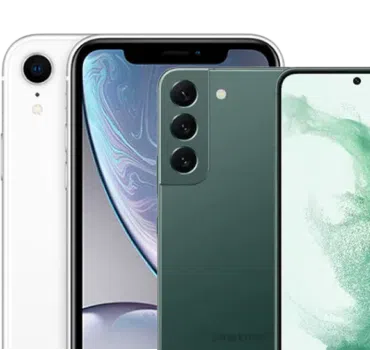
Smartphones are packed with high-performance processors, large batteries, and multiple sensors—while some heat generation is considered normal, excessive or frequent overheating can be a cause for concern. Understanding why your phone is getting hot and how to cool it down can prevent long-term damage and extend the lifespan of your device.
Why is My Phone So Hot?
Modern smartphones work hard to deliver smooth performance. From handling multiple apps to streaming high-definition videos, your device processes large amounts of data on a daily basis, generating heat in the process.
- Normal heat vs. overheating: A phone may feel warm during charging or extended use, but if it becomes uncomfortably hot, there could be an issue.
- Hardware design: Powerful processors, high-capacity batteries, and wireless communication features all contribute to heat buildup.
- Long-term effects: Consistent overheating can reduce battery lifespan, slow down performance, and, in extreme cases, damage internal components.
If you’re wondering, “Why is my phone overheating?” it’s essential to determine the cause before taking action.
Why Does My Phone Get So Hot? Common Causes
Several factors can cause your phone to overheat. Identifying the culprit can help prevent future issues.
1. Overuse and Heavy Processing
Gaming, streaming, or running multiple apps simultaneously can overwork your phone’s processor. In addition, apps requiring constant internet access (e.g., social media, GPS, or video calls) can generate excess heat.
2. Environmental Factors
Leaving your phone in direct sunlight or a hot car can quickly raise its temperature. Using your phone outdoors on a hot day can also make it difficult for the device to cool down.
3. Battery and Charging Issues
Using a non-certified or damaged charger can cause overheating, while fast charging generates more heat than regular charging. Keep in mind as well that a degrading battery struggles to hold a charge efficiently, leading to increased heat production.
🪫Concerned about your battery? Learn when to replace your phone battery.
4. Software Glitches & Background Apps
Did you know that some apps continue running in the background, even when you are not using them, consuming power? Another culprit could be outdated software, which may contain bugs that lead to inefficient performance and overheating.
5. Poor Ventilation
While phone cases are significant to protect your phone, thick or poorly ventilated ones can trap heat inside the device. Keeping your phone in a tight pocket for extended periods may restrict airflow as well.
6. Malware or Rogue Apps
Malicious software can hijack your phone’s processor, causing excessive heat buildup. Also, downloading apps from untrusted sources increases the risk of malware infections.
🍎Using an iPhone? Learn more about why your iPhone may be overheating.
Is your phone not working?
Get a free phone diagnosis in 5 minutes when you visit us in-store.
Learn more
Can a Phone Explode from Overheating?
You may have heard stories of phones catching fire or exploding due to overheating. While rare, it can happen under extreme conditions.
- Battery failure: Lithium-ion batteries can swell or rupture if they overheat beyond safe limits.
- Signs of danger: If your phone emits a burning smell, has a bulging battery, or feels dangerously hot, stop using it immediately.
- Worst-case scenario: While overheating alone won’t usually cause an explosion, a combination of heat, battery defects, and physical damage can create a dangerous situation.
How to Cool Down Your Phone Quickly
If your phone is overheating, these quick fixes can help bring the temperature down and prevent potential damage.
1. Remove from Heat Sources
Your phone absorbs heat from its surroundings, making it crucial to move it away from hot environments.
- Keep it out of direct sunlight, especially in cars or by windows.
- Place it on a cool, flat surface like a table or countertop instead of warm materials like beds or couches.
- Avoid putting it in the fridge or freezer, as rapid temperature changes can cause condensation and internal damage.
2. Close Unused Apps
Too many apps running in the background can overwork your phone’s processor, generating excess heat.
- Open the app switcher and swipe away apps you’re not actively using.
- If an app seems sluggish or unresponsive, force quit it to stop background processes.
- Consider clearing your phone’s RAM (if applicable) to free up system resources.
3. Turn Off Unused Features
Certain features constantly running in the background can contribute to overheating.
- Disable Bluetooth, Wi-Fi, and GPS when not in use, as they drain the battery and generate heat.
- Turn off 5G or switch to a lower network mode if you don’t need high-speed data.
- Activating Airplane Mode can help if you’re in an area with a weak signal, as your phone works harder to maintain a connection.
4. Take Off the Case
Phone cases trap heat, preventing proper heat dissipation.
- Remove the case temporarily to help the phone cool down faster.
- If overheating is a frequent problem, consider a ventilated or heat-dissipating case designed to prevent heat buildup.
5. Avoid Using While Charging
Using your phone while charging generates extra heat, especially with fast charging.
- Let your phone charge undisturbed, as heavy usage while plugged in causes additional strain on the battery.
- If possible, use a standard charger instead of a fast charger, which generates more heat.
- Charge on a hard, cool surface instead of soft materials like a bed or couch.
6. Restart Your Phone
A simple restart can eliminate temporary software glitches that cause overheating.
- Restarting clears background processes, refreshes the system, and can stop apps from consuming too much power.
- This is especially useful if an app is running inefficiently or has a memory leak.
7. Use Airplane Mode
Reducing network activity can help your phone cool down, especially if it’s struggling to maintain a signal.
- Weak signals force your phone to work harder, leading to excessive heat.
- Switching to Airplane Mode cuts off all network activity, allowing your phone to rest and cool down more quickly.
These steps can prevent long-term damage caused by overheating and keep your device running efficiently. If your phone overheats frequently, it could be a sign of a battery or hardware issue. Visit one of Mobile Klinik’s many stores for a professional diagnostic assessment and repair to keep your device in top shape.
Save up to 50% on a Certified Pre-owned Phone vs buying a new one.
Save big when you shop our selection of Certified Pre-Owned phones. 64-point inspection and a limited lifetime warranty for eligible customers*.
Shop now
Preventing Future Overheating Issues
Preventative measures can help reduce the risk of overheating in the long run.
- Avoid prolonged heavy use: Take breaks when gaming or streaming.
- Be mindful of the environment: Keep your phone in the shade on hot days.
- Update your software: Ensure your phone has the latest OS and app updates.
- Monitor battery health: A failing battery can contribute to overheating.
- Use a quality charger: Cheap, uncertified chargers may cause overheating and long-term damage.
Final Thoughts on Phone Overheating
Overheating is a common issue, but with the right precautions, you can keep your phone running efficiently. If overheating persists, it could indicate a deeper issue, such as battery degradation or hardware failure.
If your phone has suffered damage due to overheating, it may be time to consider professional repairs or a refurbished phone as a cost-effective replacement option.



